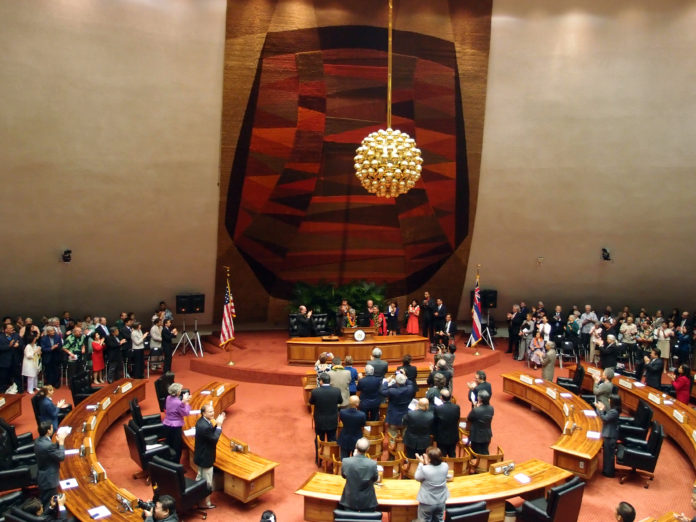This morning, the Senate will hold a hearing on the topic of regulatory capture—a term used to describe the often-observed tendency of government officials to become a little too close to the institutions they’re supposed to be regulating.
The impending case made yesterday’s announcement from the Federal Reserve all the more interesting. The Fed declared that they will be launching an internal review of their own processes related to the supervision of United States financial institutions.
The official release from the Board of Governors of the Federal Reserve System declares that at the request of the Board, the Inspector General will be examining two pivotal aspects of the Fed’s review methods:
- Whether there are adequate methods for decision-makers at the relevant Reserve Banks and at the Board to obtain all necessary information to make supervisory assessments and determinations;
- Whether channels exist for decision-makers to be aware of divergent views among an examination team regarding material issues.
At the same time, the Board plans to assess its own readiness to supervise these powerful institutions. Their review will determine:
- Whether the decision-makers at the Board receive the information needed to ensure consistent and sound supervisory decisions regarding the supervision of the largest, most complex banking organizations
- Whether adequate methods are in place for those decision-makers to be aware of material matters that required reconciliation of divergent views related to supervision of those firms.
Friday’s hearing will address similar concerns, in the wake of Senator Jack Reed’s (D-RI) introduction of a bill that would require a Presidential appointment and Senate confirmation for future presidents of the New York Federal Reserve.
“If the Governors of the Federal Reserve System are required to be confirmed by the Senate, then the President of the Federal Reserve Bank of New York, who played a central and perhaps more powerful role in overseeing taxpayer dollars during the financial crisis, should also be subject to the same public confirmation process,” said Reed.
William Dudley, the current President and CEO of the Federal Reserve Bank of New York, will be on hand to testify at today’s hearing.
The hearing will also review findings relevant to the case of Carmen Segarra, a former NY Fed examiner. Ms. Segarra was fired in 2012 after refusing to cave to pressure to alter some of her findings from an investigation of Goldman Sachs. According to the New York Times, Segarra secretly recorded approximately 46 hours’ worth of conversations with her peers—meetings that she believes contain pivotal moments that led to her termination.
It remains to be seen what will come of Friday’s hearing as it relates to big banks, regulation, or Carmen Segarra’s experience. Chances are that this hearing will be another step in a long process that’s been ongoing since the inception of the Dodd-Frank Act. But as the new Congress prepares to take office at the beginning of 2015, it’s apparent that financial regulation will be near the top of their ‘to-do’ list.













